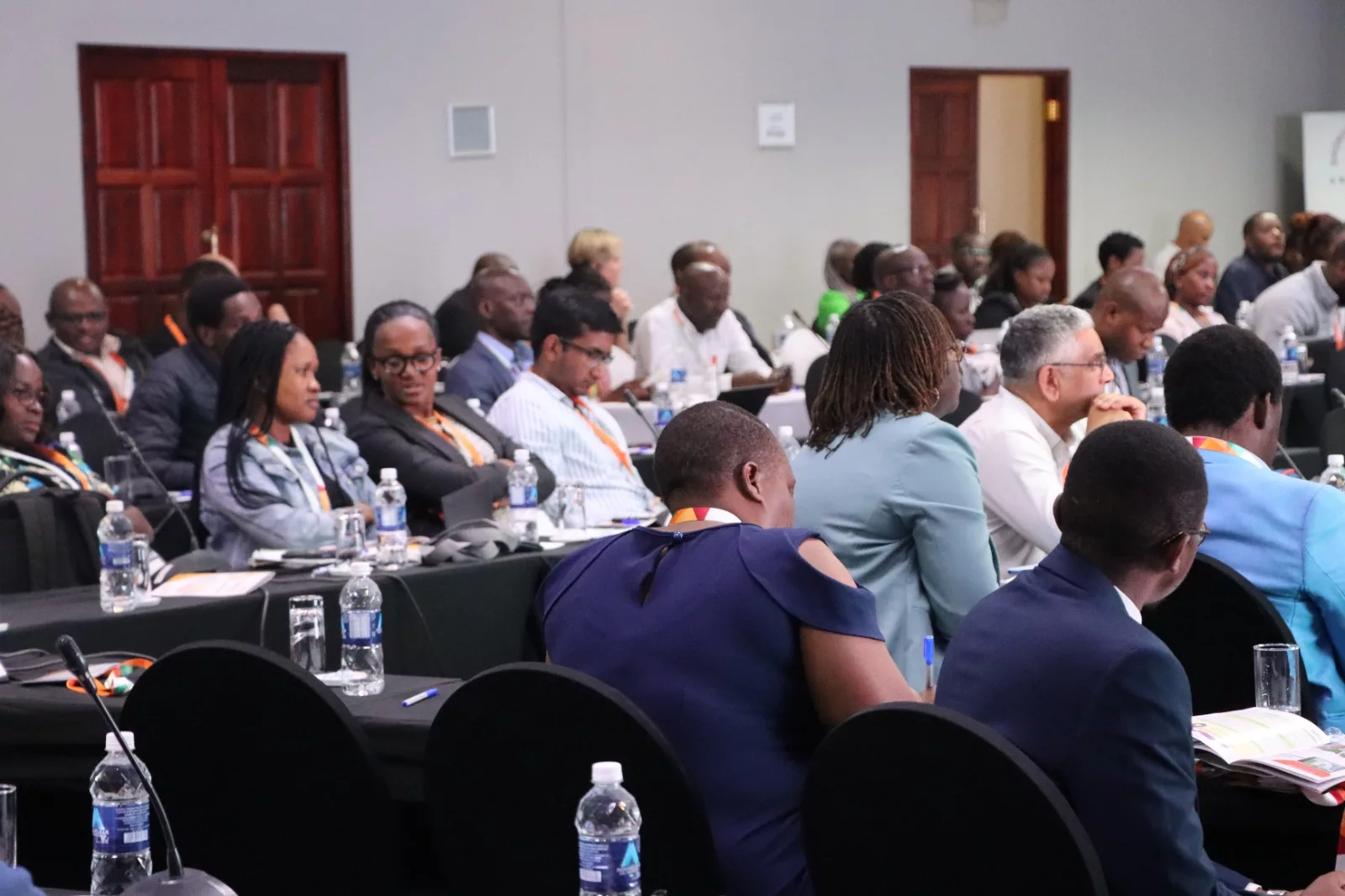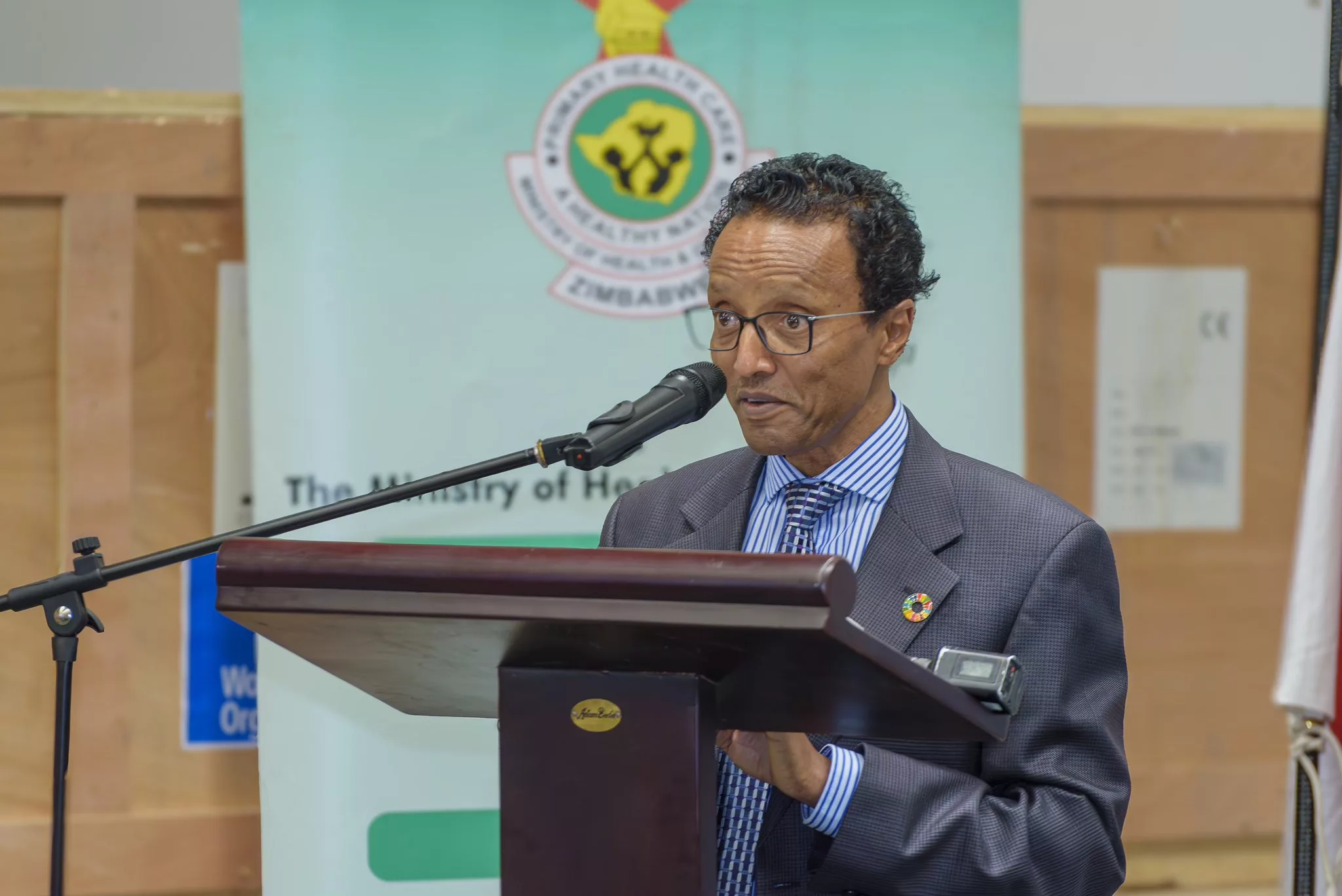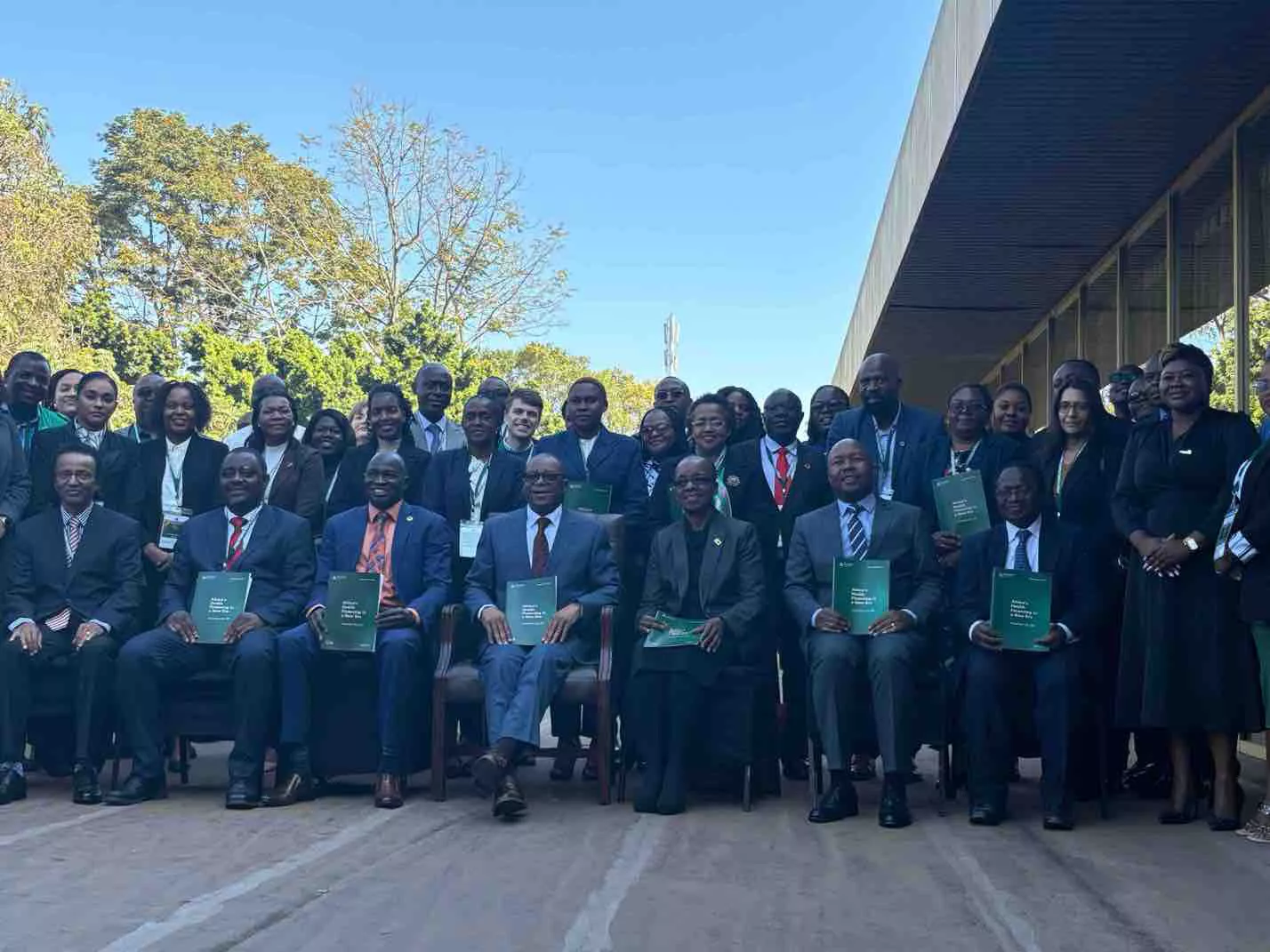|
Getting your Trinity Audio player ready...
|
Writes Catherine Murombedzi
Dr. S Banda, Acting Chief Director of Policy Planning, Monitoring, and Evaluation, welcomed delegates to a three-day conference of the Society for Neuro-Oncology for Sub-Saharan Africa (SNOSSA) in Harare, Zimbabwe. He was speaking on behalf of the Permanent Secretary in the Ministry of Health and Child Care, Dr Aspect Maunganidze. Dr Banda commended SNOSSA for its dedication to fostering collaboration and knowledge-sharing among professionals in the field of neuro-oncology.
In attendance were SNOSSA President Prof Alan Davidson, the SNOSSA committee, the Organising Chairperson, Dr. Luxwell Jokonya, the local organising committee, medical specialists from various fields, and the media.
Dr Banda commended the Society of Neuro-Oncology for Sub-Saharan Africa for its unwavering commitment to fostering collaboration and knowledge-sharing among professionals.
He described their dedication to the care of patients with neurological oncology conditions as unparalleled.
“Your dedication to this cause has brought together, a diverse group of experts from across the globe, each bringing their unique perspectives and expertise to the table. The previous conference held in Kenya set a remarkable precedent, and I am confident that our gathering here in Harare will build upon that success. This conference is not just a meeting of minds; it is a convergence of compassion, innovation, and a shared vision for a future where the burden of neurological cancers is significantly reduced,” said Dr Banda.
Neuro-oncology is a field that poses complex challenges requiring the collaboration of neurosurgeons, oncologists, radiation oncologists, nurses, doctors and radiologists.
“Through collaboration, research, and education, we can bridge these gaps and improve the prognosis and quality of life for our patients. In Zimbabwe, we are committed to enhancing our healthcare system and ensuring that our healthcare professionals are equipped with the knowledge and tools necessary to combat neurological cancers effectively. We recognise the importance of continuous professional development.
“We are investing in training programs, research initiatives, and infrastructure development to support this cause. As we embark on this journey together, let us remember that our efforts extend beyond the confines of this conference. The knowledge we gain here, the connections we forge, and the innovations explore must translate into tangible improvements in patient care. “
“Each of us has a role to play in shaping the future of neuro-oncology in our region. The multidisciplinary approach is not merely a choice but a necessity to provide comprehensive care to our patients. In Zimbabwe, we have made strides in enhancing our healthcare infrastructure, and training our professionals, but there is always room for growth and improvement. I urge all of us here to leverage this platform to exchange ideas, share experiences, and explore innovative solutions that can be implemented in our respective countries. Let us focus on strengthening our networks, fostering partnerships, and working towards sustainable advancements in neuro-oncology care. The challenges we face are immense, but our collective determination is greater.
“The burden of neurological cancers in Sub-Saharan Africa is exacerbated by late diagnoses, limited access to specialized care and the scarcity of advanced medical technologies. I extend my heartfelt thanks to all the organisers, sponsors, and participants who have made this conference possible. Your dedication and hard work are truly commendable.
“I am confident that the discussions and collaborations that will take place over the course of this conference will pave the way
for groundbreaking advancements in neuro-oncology.
“Together, let us strive for excellence, push the boundaries of what is possible, and work towards a future where neurological cancers are no longer a formidable adversary but a challenge that we can overcome. I wish you all a productive and inspiring conference,” said Dr Banda.
Dr Banda highlighted the complex challenges posed by neurological cancers and the need for a multidisciplinary approach to combat them. He emphasizes the importance of continuous professional development, research, and education in improving patient care. He also acknowledged the strides made by Zimbabwe in enhancing its healthcare infrastructure and training professionals but notes that there is still room for growth and improvement.
He urged the attendees to leverage the conference as a platform to exchange ideas, share experiences, and explore innovative solutions to improve neuro-oncology care in the region. He thanks the organizers, sponsors, and participants for their dedication and hard work and expresses confidence that the conference will pave the way for groundbreaking advancements in neuro-oncology.
SNOSSA is a professional organisation dedicated to advancing the field of neuro-oncology, which deals with the diagnosis, treatment, and research of brain and spinal cord tumors. It’s mission is to promote research, encourage and support scientific investigations into the causes, diagnosis, and treatment of brain and spinal cord tumors.
It strives to improve patient care. It develops updates and disseminates guidelines for the diagnosis and management of brain and spinal cord tumors.
It provides educational resources and opportunities for healthcare professionals to enhance their knowledge and skills in neuro-oncology by fostering collaborations. It facilitates communication and collaboration among neuro-oncologists, researchers, and other healthcare professionals.
It supports and advocate for patients with brain and spinal cord tumors, as well as their families and caregivers.
The organisation hosts annual meetings and conferences. It publishes a scientific journal (Neuro-Oncology). Besides advocating for policy changes and awareness initiatives in between conferences, it provides educational resources and webinars. By pursuing these goals, the society aims to improve outcomes for patients with brain and spinal cord tumors.
Feedback: [email protected]






